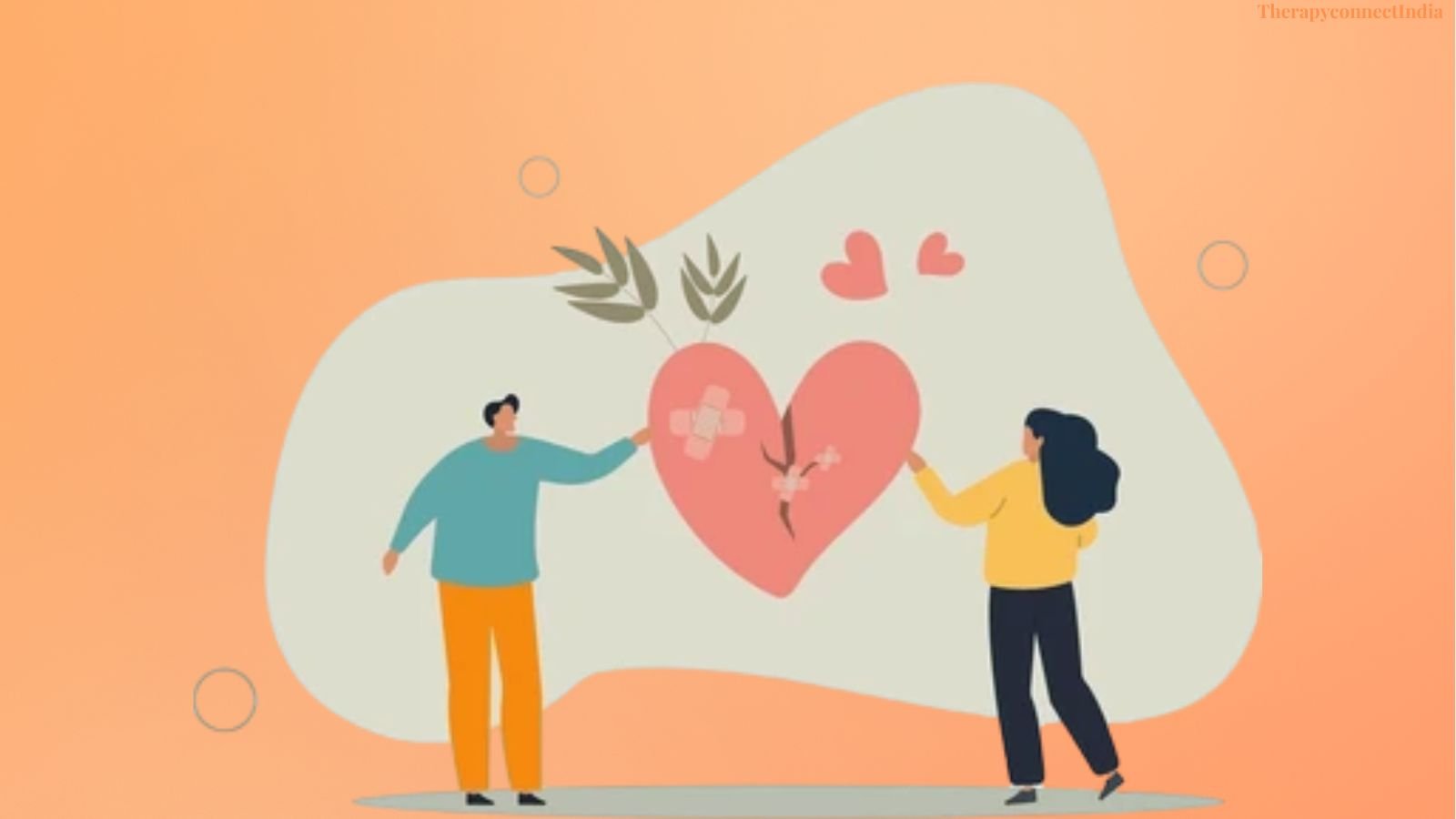How to Heal After a Relationship Crisis: A Mental Health Perspective

Relationships can be beautiful, but they also come with challenges. Whether it's a major argument, trust issues, or a painful breakup, emotional wounds can take a toll on mental well-being. Healing after relationship problems is not just about moving on—it’s about rebuilding emotional strength, understanding what went wrong, and learning how to navigate love with a healthier mindset.
When a relationship is shaken by crisis, emotions like sadness, anger, guilt, and confusion can feel overwhelming. Some people may isolate themselves, while others may try to suppress their feelings. However, avoiding emotions only prolongs the pain. Instead, healing requires a conscious effort to process emotions, practice self-care, and rebuild trust—either in the relationship or in oneself.

This guide will explore how to recover emotionally, rebuild self-worth, and take steps toward mental health and breakups, whether you’re trying to repair a relationship or move forward alone.
The first step in emotional recovery in relationships is allowing yourself to feel. Many people try to "stay strong" by ignoring their emotions, but this only delays healing.
Emotions are not weaknesses. They are signals that help you understand your needs. A helpful resource for managing emotions during breakups is Psychology Today, which offers practical advice on emotional healing.
After a relationship crisis, it’s important to set boundaries to protect your mental health. If a breakup has occurred, limit contact to give yourself space to heal. If you are working on repairing the relationship, set clear expectations to avoid further emotional damage.
Examples of healthy boundaries:
Boundaries help prevent reopening emotional wounds and give you the time needed to reflect on what you truly want.

Talking about your feelings can help ease emotional pain. Surround yourself with supportive friends, family, or a therapist who can listen without judgment.
If you feel lost, therapy can provide valuable guidance. Websites like BetterHelp and Talkspace offer online therapy sessions with professionals who specialize in mental health and breakups.
A relationship crisis can sometimes leave you questioning your self-worth. You may feel unlovable, not good enough, or like you failed. These negative thoughts can trap you in a cycle of self-doubt.
To rebuild confidence:
Self-worth should never be dependent on a relationship. Websites like Mindful.org offer meditation exercises that help cultivate self-love and emotional recovery.

Many people turn to unhealthy coping mechanisms such as excessive drinking, emotional eating, or rebound relationships to numb the pain. These may provide temporary relief but often lead to more emotional distress.
Instead, focus on healthy coping mechanisms like journaling, exercising, practicing mindfulness, or talking to a therapist. Small self-care actions can make a huge difference in healing after relationship problems.
Every relationship, whether it lasts or ends, teaches important lessons. Instead of viewing a breakup or conflict as a failure, see it as an opportunity for growth.
Ask yourself:
Taking time for self-reflection will help you avoid repeating unhealthy relationship patterns and build stronger connections in the future.

If you and your partner are open to healing the relationship, consider couples therapy or honest communication to rebuild trust. If staying together is not the right choice, allow yourself to grieve and focus on personal healing.
Signs that repairing the relationship may be possible:
Signs that moving on may be healthier:
If you decide to move forward alone, websites like Tiny Buddha offer inspiring stories and advice on emotional recovery in relationships.

Healing takes time, and prioritizing self-care can speed up the process. Focus on activities that bring peace and joy.
Self-care isn’t about distractions; it’s about nurturing yourself so that you emerge from the experience stronger. Websites like Headspace provide guided meditation for emotional healing.
No matter how deep the pain feels, time has a way of softening wounds. Mental health and breakups are deeply connected, but healing is possible with patience and self-compassion.
As you heal, you’ll find that you:
Painful experiences shape who we are, but they do not define us. Every setback is an opportunity for a stronger, healthier future.
Healing after a relationship crisis is a journey that requires self-awareness, emotional processing, and self-care. Whether you are working through a breakup or rebuilding a relationship, prioritizing mental health and breakups ensures long-term emotional well-being.
By setting boundaries, seeking support, practicing self-love, and learning from past experiences, you can move forward with strength, clarity, and renewed hope. Love—whether from within or from another person—will find its way back into your life when the time is right.
For more mental health resources, consider visiting Verywell Mind for expert-backed advice on emotional recovery in relationships.